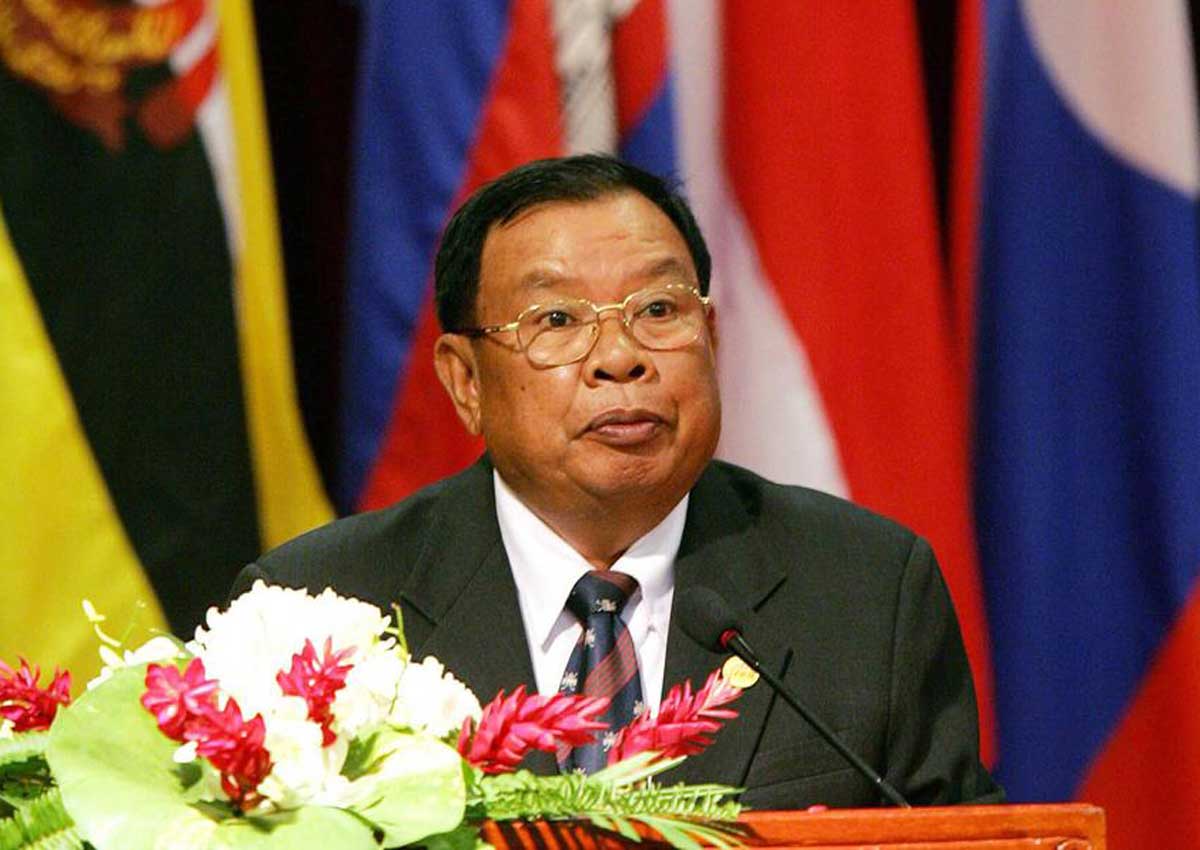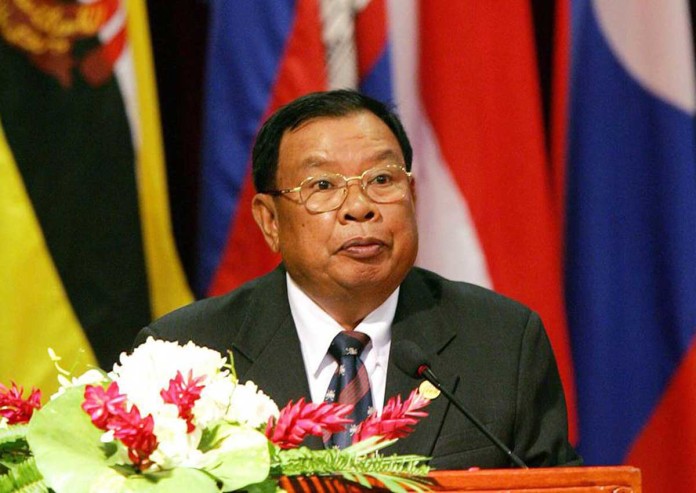Bangkok – Laos’ new leaders took office Tuesday, according to state media, as the secretive communist nation prepares for a period of unusually frenetic diplomacy culminating in a landmark visit by a US President.
One of Asia’s least developed nations, Laos has been tightly ruled by its communist leaders since the 1975 end of the Vietnam War, which saw it blanketed by bombs in secret missions led by the CIA.
Leadership reshuffles take place every five years in carefully choreographed gatherings by the country’s politburo and rubber stamp National Assembly.
In late January, vice president Bounnhang Vorachith was elected to the presidency and party secretary general, replacing 79-year-old Choummaly Sayasone.
Thongloun Sisoulith, a Soviet Union-educated politburo member and former foreign minister, was elected Prime Minister.
Both apparatchiks were officially appointed to their positions on Tuesday at a ceremony in Vientiane, the state-run Lao News Agency reported.
The internal operations of the powerful party are largely kept secret under a regime that bars a free press, rarely grants access to international media and severely restricts freedom of expression.
But analysts predict the current politburo is unlikely to loosen the government’s repressive grip or open its economy.
A foreign diplomat in Vientiane told AFP they expected “no major changes”.
“The speeches from Bounnhang and Thongloun promised the same policies. Thongloun appears to be a good choice in terms of Laos balancing its foreign relations,” the diplomat said, requesting anonymity.
Laos is currently chair of the 10-member Association of Southeast Asian Nations regional bloc, hosting a slew of diplomatic meetings that could open the hermetic nation up to greater scrutiny.
Barack Obama will also be the first US president to visit Laos when he attends an ASEAN summit in the capital this summer, an arrival tinged with historical significance given the CIA’s secret carpet bombing of the landlocked nation.
Leaders from China and Japan are also expected to attend.
Though for many years neighbouring Vietnam was the most powerful foreign player in Laos, China has poured money into the country recently, becoming its largest foreign investor in 2014.
But Washington is also increasingly courting the isolated state as part of President Barack Obama’s so-called “pivot” to Asia.
Rights groups have urged ASEAN and the US to pressure Laos this year over its poor human rights record.
On Tuesday, Reporters Without Borders released its annual report, ranking Laos one of the worst countries in the world for press freedom at 173 out of 180.






